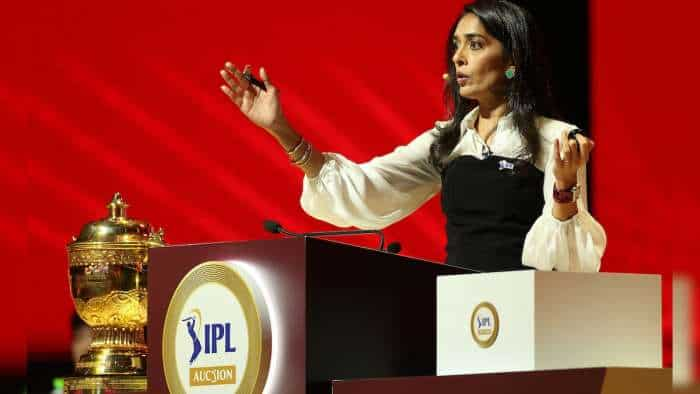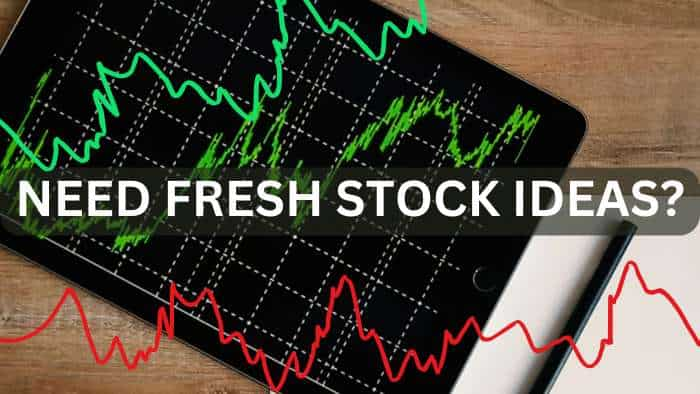Govt may not cut excise duty on petrol, diesel in near-term

Government may not cut excise duty on petrol and diesel in the near-term if it accepts the suggestions made in the approach paper submitted by Chief Economic Adviser for maintaining status quo when oil prices can climb by another $15 a barrel.
CEA Arvind Subramanian last month submitted an approach paper to the Finance Ministry on scenarios to deal with a rise in crude oil prices.
Sources said the CEA suggested status quo on excise duties till oil prices climb to $65 per barrel, from the present $49 levels.
Any rise in prices above $65 a barrel should be equally borne by the consumers and the government -- consumers by way of paying higher retail rates and the government by cutting excise duty on the two auto fuels.
If crude oil price were to average $65 a barrel from July to end of the year, half of the burden on the fiscal would be Rs 46,000 crore, or 0.3% of gross domestic product (GDP), CEA said in the approach paper.
Every incremental $5 per barrel increase in global oil prices would translate into a Rs 2-2.1 per litre increase in retail prices if the 50:50 burden sharing mechanism is followed.
Every Re 1 cut in excise duty would cost the exchequer Rs 3,500 crore on petrol and Rs 9,000 crore on diesel for the full year.
Sources said CEA was of the view that this approach had its political pitfalls by way of perception among the people that the government raised excise duty when prices were falling but is not doing the opposite when rates are rising.
Taking into account the tight fiscal position this year in view of the implementation of the 7th Pay Commission recommendation for a hike in wages and pensions of 1 crore central government employees, it would be prudent to not tinker with duty till crude breaches $70.
India, which depends on imports to meet 80% of its oil needs, will have to spend Rs 9,126 crore ($1.36 billion) more every year for one dollar per barrel increase in crude oil. Besides, the rising crude oil trajectory impacts inflation and growth.
India spent $63.96 billion on crude oil import in 2015-16, about half of $112.7 billion outgo in the previous fiscal and $143 billion in 2013-14. For the current fiscal, the import bill has been pegged at $66 billion at an average import price of $48 per barrel.
When oil prices slumped in the second half of 2014 and 2015, the government hiked excise duty on petrol and diesel nine times to mop up additional revenues that helped it meet its revenue and fiscal deficit targets. In all, it raised excise duty on petrol by Rs 11.77 a litre and that on diesel by Rs 13.47.
Every rupee per litre increase in petrol price leads to 0.02% rise in Wholesale Price Index (WPI) inflation and 0.07% for the same amount of increase in diesel rates.
Get Latest Business News, Stock Market Updates and Videos; Check your tax outgo through Income Tax Calculator and save money through our Personal Finance coverage. Check Business Breaking News Live on Zee Business Twitter and Facebook. Subscribe on YouTube.
RECOMMENDED STORIES

IPL Auction 2025 Free Live Streaming: When and where to watch Indian Premier League 2025 mega auction live online, on TV, Mobile Apps, and Laptop?

SIP vs PPF: How much corpus you can build in 15 years by investing Rs 1.5 lakh per year? Understand through calculations

SBI Senior Citizen Latest FD Rates: What senior citizens can get on Rs 7 lakh, Rs 14 lakh, and Rs 21 lakh investments in Amrit Vrishti, 1-, 3-, and 5-year fixed deposits
04:23 PM IST








 Excise duty hike in Karnataka would lead to dowtrading, may impact sales, say liquor makers
Excise duty hike in Karnataka would lead to dowtrading, may impact sales, say liquor makers Delhi governement collects Rs 1,700 crore in excise duty, VAT in April-June quarter
Delhi governement collects Rs 1,700 crore in excise duty, VAT in April-June quarter Anil Singhvi explains how lower crude oil taxes can help RBI pause rates
Anil Singhvi explains how lower crude oil taxes can help RBI pause rates Delhi govt's old excise policy gets six-month extension
Delhi govt's old excise policy gets six-month extension Excise duties on petrol and diesel zoomed up despite crude staying below $80 during these fiscals
Excise duties on petrol and diesel zoomed up despite crude staying below $80 during these fiscals